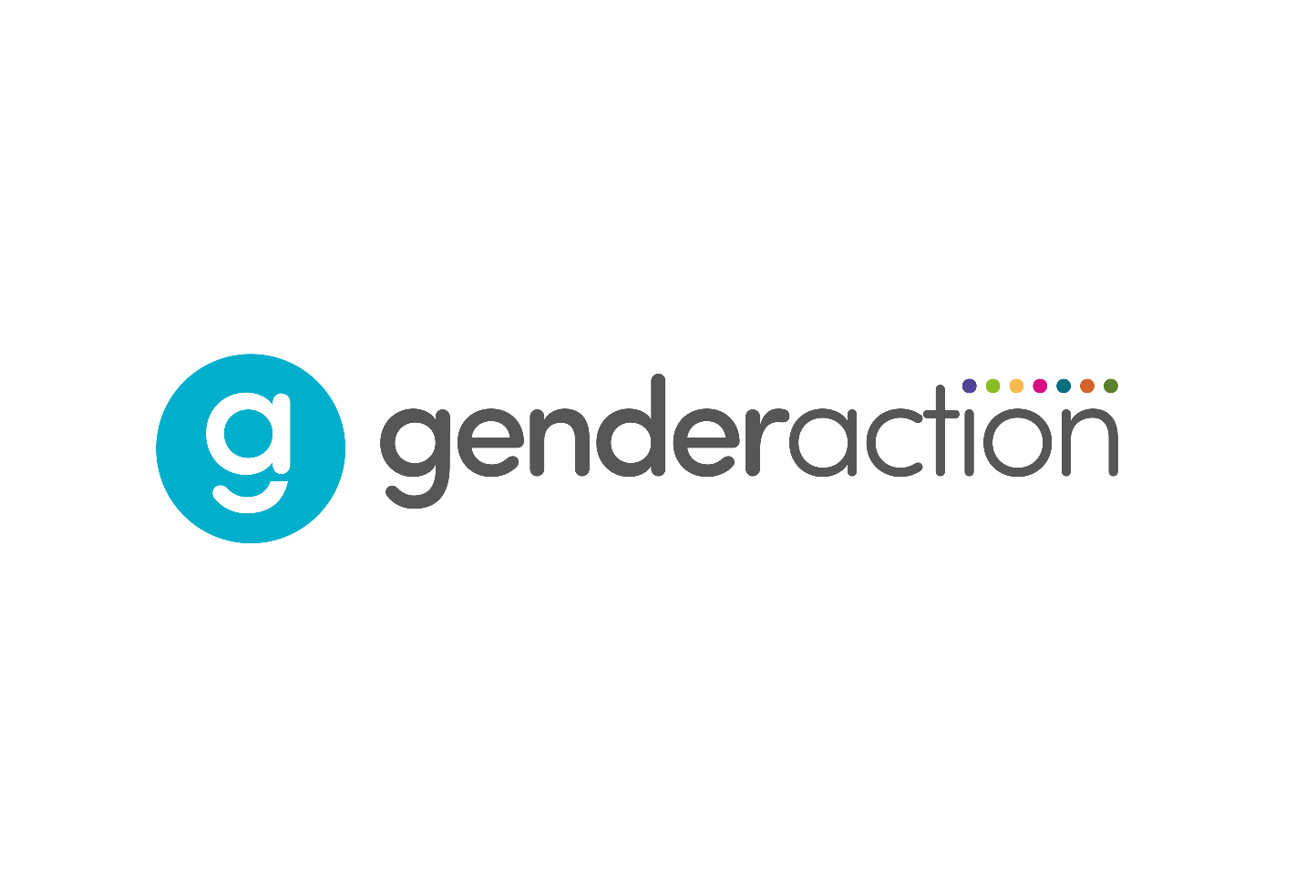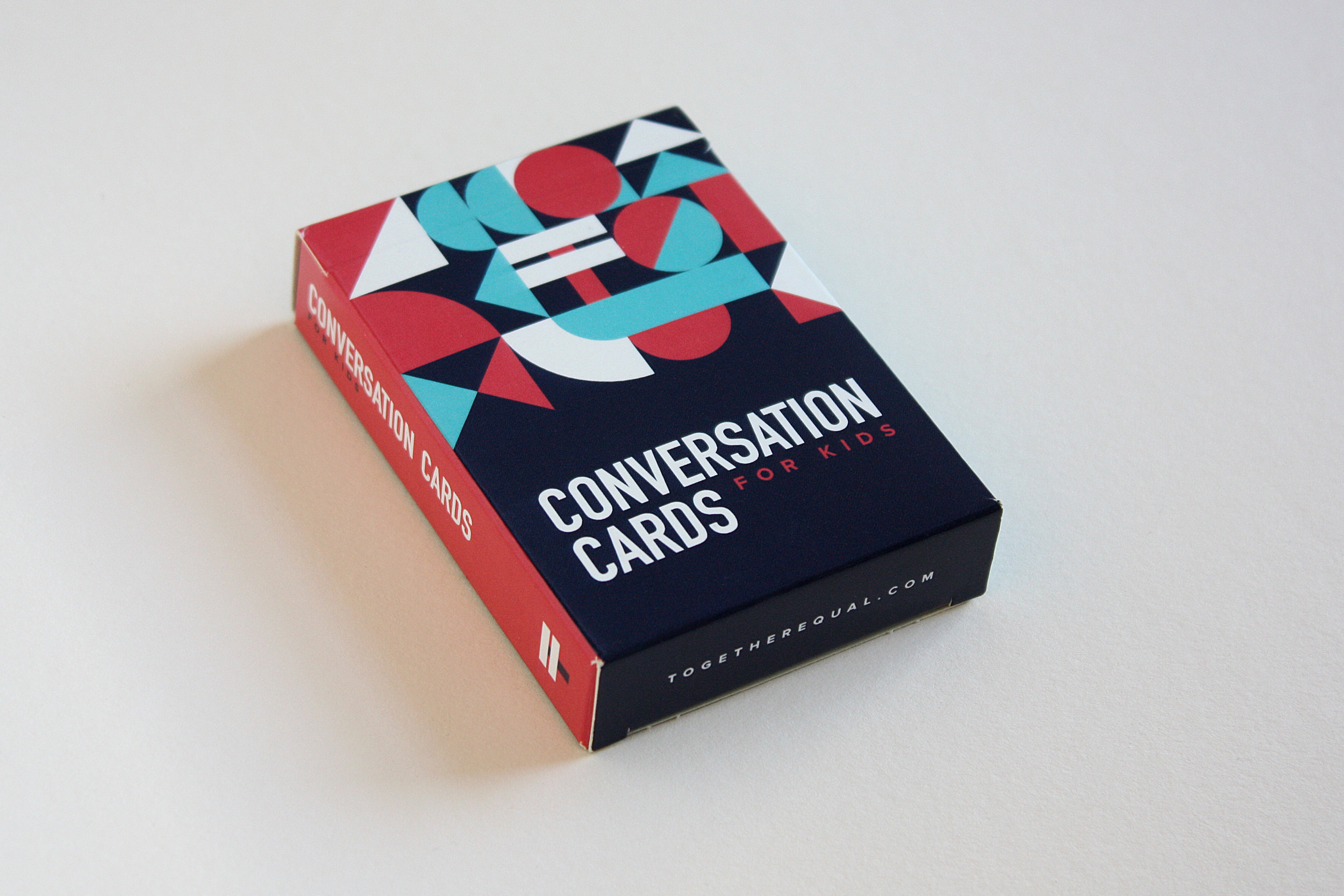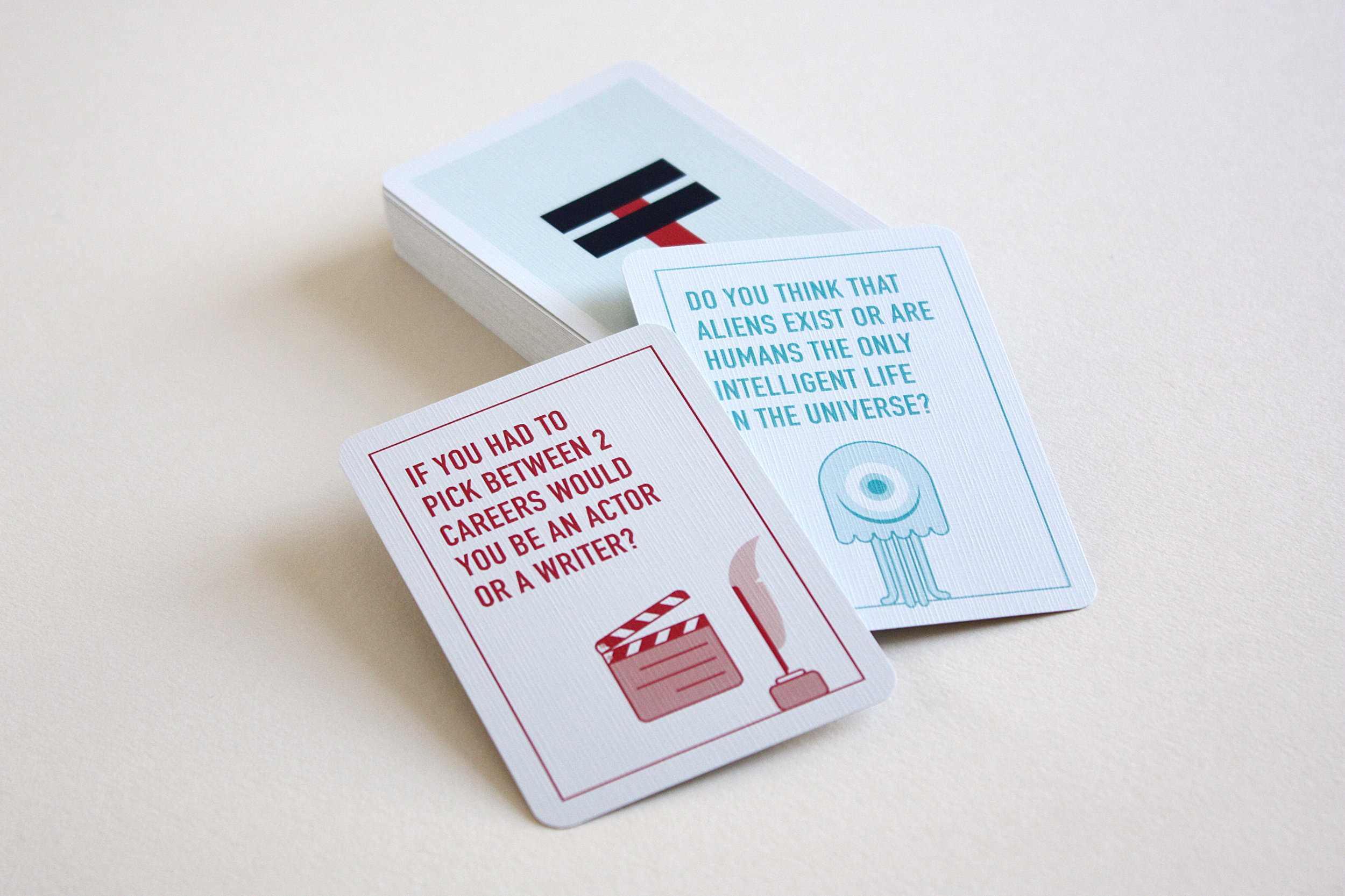Talking Equality
Sarah is a co-founder at TogetherEqual.com, who produce conversation cards which challenge social stereotypes. The cards raise money for charities while having a social impact through conversation. Follow Sarah and Together Equal @betogetherequal @sarahairdmash.
The other day, I was at school with my Y4 child talking about whether she should join the morning football club (the early start is something of an issue) when one a father of two girls, intervened with: “You don’t want to do that - it’s for boys”. Unfortunately, this kind of attitude is more commonplace than we would like to think – I have overheard carers telling girls not to “show off” or a father saying that ‘boys should not cry’.
Within this pervasive culture of stereotypes, the concept of gender equality is sometimes a challenging subject to get adults to sign up to.
Although many people have been galvanised by the increasing public discussions of gendered issues, such as the #MeToo movement, there are still some people who are unsure of or uninterested in discussing gender equality.
But how can we hope to redress this balance? In the words of Emma Watson:
“How can we effect change in the world when only half of it is invited or feel welcome to participate in the conversation?”
Just because a child likes certain things or was born a certain way doesn’t define who they are or what they can achieve. It's important we nurture this idea at an early age so that as kids grow up they're not constrained by social stereotypes. However, it isn’t this straightforward. Whatever great work that can be done at school is continuously undermined externally. Gender bias is a learned behaviour and there are a lot of influences working against us, not least the legacy of a parents’ own upbringing as well as the constant reinforcement of gender stereotypes in the media.
All of this forms the background to how our conversation cards come about. We wanted to create something that would generate a tangible social impact, as well as build a sustainable income for charities. The conversation cards are designed to get children talking about all manner of subjects which aim to build their interpersonal skills, self-esteem, and self-confidence. To ‘play’ you just take it in turns to draw a card from the pack. You might get ‘What do animals talk about?’, ‘What makes someone clever’, ‘Is being scared a good thing or a bad thing?’ or ‘Is it OK to call a boy ‘girly’?’
More importantly though, in creating a platform which engages carers and kids, they give us a route into impacting the equality landscape from the ground up. As kids share how they think and feel with the significant adults in their lives, their grown-ups are having an ‘a-ha’ moment of their own. Our children are helping carers to recognise their own unconscious bias. It’s a discrete approach but the feedback is really encouraging. Over time it becomes a self-perpetuating circle, as self-awareness improves amongst adults, children are able to become increasingly confident with their own perspectives.
“Together Equal is a fantastic initiative which The Dash Charity is proud to be part of. Local, grassroots charities delivering vital community interventions, such as ours, are increasingly at risk due to funding cuts. These Conversation Cards are the first step to us exploring and developing new opportunities to sustain our work, alongside instigating important dialogues which need to be brought into the open”
Becky Spiller, Head of Sustainability at the Dash Charity.
Every baby is born equal, and every child should have access to the same opportunities in order to fulfil their potential. We also need to eradicate social constraints which set gender-based limitations. Boys can cry, girls can dream of captaining England at a World Cup. So let’s make sure we’re having these conversations and recognise that supporting children's hopes and dreams is the only thing that matters.
Visit Together Equal’s website to find out more and order some cards.
“Women’s rights are top of the social agenda right now. We want to channel this groundswell of support into a practical model – while driving social change at the most fundamental level.”



